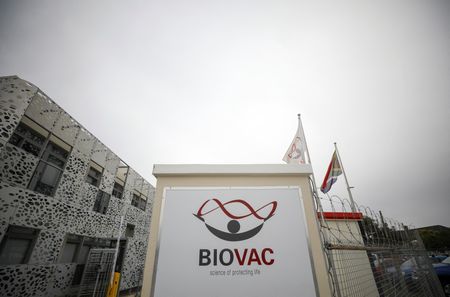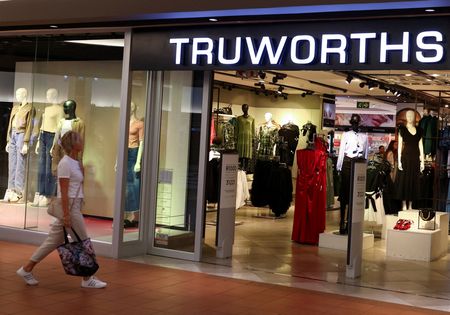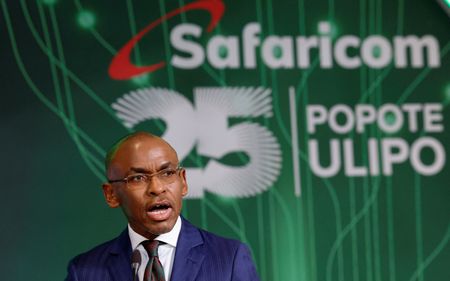By Nqobile Dludla
JOHANNESBURG (Reuters) -South African biopharmaceutical firm Biovac on Thursday opened a state-of-the-art product development laboratory in Cape Town, backed by the Gates Foundation, to help the continent develop its own vaccines and improve preparedness for future health challenges.
Biovac, which supplies vaccines for South Africa’s childhood immunisation programme, was initially established to distribute imported vaccines in partnership with the National Department of Health. It later expanded to the final stages of manufacturing where the product – referred to as “fill and finish” vaccines – is processed and put into vials, through collaborations with global pharmaceutical firms.
Africa has historically relied on imported vaccines, leaving the continent vulnerable to supply disruptions and pressures from the global market. During the COVID-19 pandemic, this dependence was stark as African countries faced severe delays and shortages while wealthier nations secured the bulk of available doses through advance purchase agreements.
Biovac supplies vaccines to treat diseases like tuberculosis, tetanus, diphtheria, poliomyelitis, haemophilus influenzae and hepatitis B in South Africa.
During the pandemic, it struck a deal with Pfizer and BioNTech to produce vaccines for the African Union.
The new facility will allow Biovac to produce vaccines from the early stages of product development through to manufacturing and final formulation, using advanced technologies including mRNA, Biovac said in a statement.
The laboratory will allow multiple products to be developed simultaneously and foster innovation and intellectual property creation for vaccines targeting diseases prevalent in Africa, it said.
This “is a major milestone for Biovac and for African vaccines and vaccine innovation,” Biovac Chief Executive Morena Makhoana said.
He added that the lab will ensure “that Africa is not left behind in responding to current and future vaccine-preventable diseases.”
The African Union is seeking to have 60% of the vaccines used on the continent to be produced locally by 2040, up from about 1% at present, according to Biovac. The new laboratory is expected to help close that gap.
“For millions of people across the continent, (the lab) brings the promise of faster, more reliable access to lifesaving vaccines developed and produced in Africa, for Africa,” said Mark Suzman, CEO of the Gates Foundation.
The lab includes infrastructure for mRNA drug substance development, screening, evaluation, and manufacturing. It houses a specialised suite to formulate nanoparticles that safely encapsulate and protect mRNA, along with dedicated areas for bacterial and cell culture, cell bank storage and handling of sensitive medical materials, the company said.
(Reporting by Nqobile Dludla; additional reporting by Wendell Roelf; Editing by Thomas Derpinghaus)










